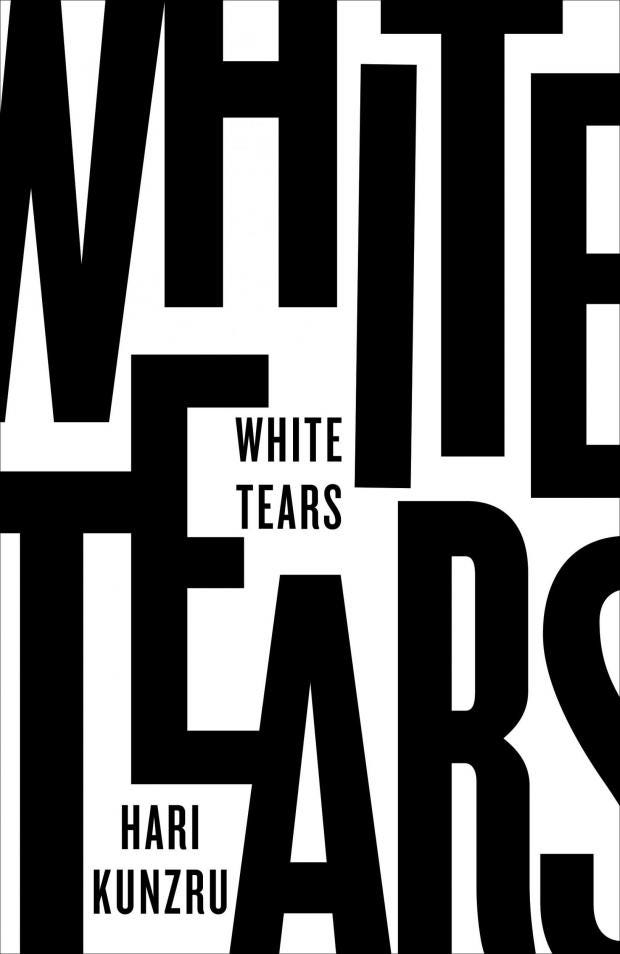
White Tears, Hari Kunzru’s haunting new novel, tackles the murky subject of American race relations. It’s a zeitgeisty ghost story that warns against cultural appropriation – in this case, white male custodianship of the blues, the music of slavery. You only need to look to one of the more serious condemnations of La La Land – its troubling depiction of a white man hell bent on “saving” jazz – for something similar, in which the horrors of this legacy, the chain gangs of the Jim Crow South, are fused with those of 21st-century mass incarceration. (If you haven’t already, watch Ava DuVernay’s Oscar-nominated documentary 13th for facts and figures regarding this lineage.)
Clearly, White Tears captures important preoccupations of the moment; but it’s also not quite as simple and straightforward as that. Kunzru’s clever novel spins a narrative in which the past is inseparable from the present, his characters trapped in a continuum of experience, paying dues their fathers, grandfathers and great-grandfathers left outstanding.
Two white college graduates move to New York City. Carter is a trustafarian obsessed with black music. It’s “more intense and authentic than anything made by white people”, he explains to Seth, his friend and co-collaborator. Seth, meanwhile, is fanatical about sound, criss-crossing the city surreptitiously recording as he goes. He comes to record an otherwise faceless black chess player singing an unrecognisable blues number that, when he hears it, stops Carter in his tracks.
Using the state-of-the-art equipment in their Brooklyn studio (bankrolled by Carter’s family), they set it to music, add some scratch, invent a name for the singer, mock up an old record label, and pass the finished work off as a long lost vinyl from the Twenties. There’s a keen community of collectors eager for such forgotten gems, “grubbed up out of the past”; the singers and their music “like ghosts at the edges of American consciousness”.
As in all the best ghost stories, the reader is never quite sure what’s real and what isn’t. From the start, Kunzru expertly evokes a doom-drenched ordinariness. And as foreshadowed, it’s not long before very bad things begin to happen, and Seth finds himself caught up in a waking nightmare, a shifting phantasmagoria in which a “tendril of the past” reaches out into his life bringing “death and silence” with it. With surprising speed and momentum, the story hurtles into the realm of horror.
Genuinely and viscerally disturbing scenes follow, Kunzru showcasing his trademark exhilarating prose throughout – something that propels the narrative enough to prevent it from collapsing under its own weight – closing with a conclusion that packs a real punch.
For someone who’s so often “knife-sharp, hyperauditory”, who hears messages all around him, Seth is surprisingly deaf when it comes down to things that really matter. His whining voice at the end of the book – “It’s not fair to blame me for things that took place long before I was even born” – is a nauseous reminder of just how loudly the myth of white innocence is shouted.
No comments:
Post a Comment